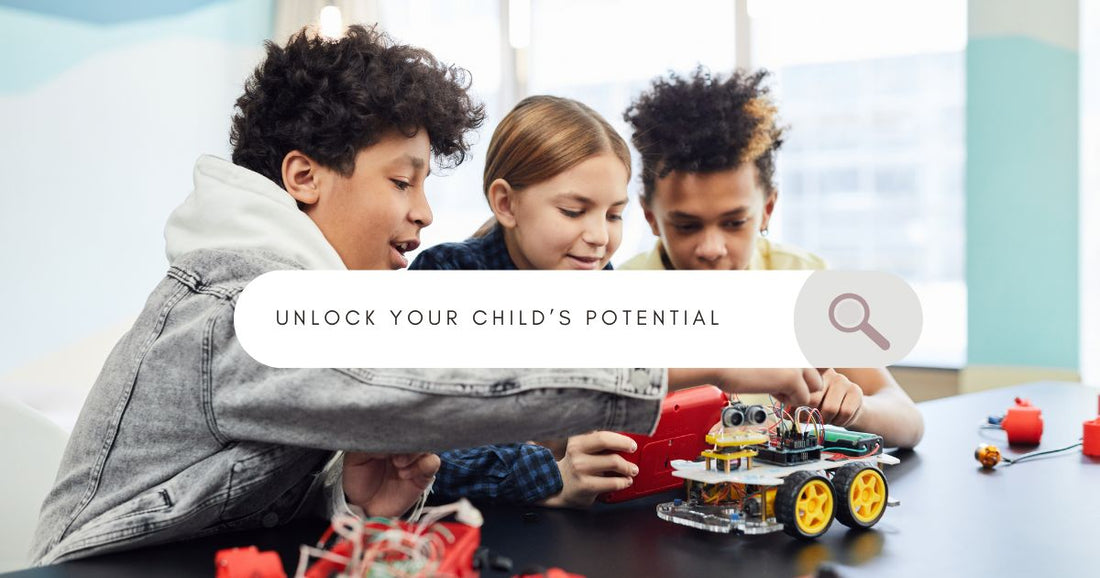
Bringing Out Students’ Unique Skills
Share
Every student has strengths that, when nurtured, can transform their learning experience. A strengths-based approach in the classroom helps shift the focus from what students struggle with to what makes them exceptional.
Albert Einstein famously said, “Everybody is a genius. But if you judge a fish by its ability to climb a tree, it will live its whole life believing that it is stupid.” This quote highlights the importance of recognizing and valuing individual talents rather than defining students by their challenges.
For children with learning or attention difficulties, hearing constant reminders of their weaknesses can be discouraging. But when educators focus on strengths—like creativity, innovation, humor, and problem-solving—students gain the confidence to engage in learning. Research even suggests that students taught with a strengths-based approach earn higher grades and have better attendance.
So, how can educators help students harness their unique skills?
1. Identify Strengths
Some students may already recognize their talents, while others need guidance in discovering them. Strength assessments, like those from UPenn or Multiple Intelligences quizzes from Scholastic, can provide valuable insights.
2. Acknowledge Strengths Daily
Recognizing and verbalizing students’ strengths reinforces their self-belief. Complimenting effort alongside talent reminds students that hard work plays a crucial role in success.
3. Create Opportunities for Success
Students who struggle in traditional learning environments may disengage early on. Giving them tasks that highlight their abilities—whether through creative problem-solving, leadership roles, or hands-on activities—can rebuild their confidence and motivation.
4. Offer Choices
Providing different ways for students to demonstrate understanding allows them to use their strengths. Whether through writing, presentations, art, or group projects, giving options encourages engagement and independence.
5. Foster Collaboration
No one excels at everything, but together, students can support one another’s strengths. Encouraging teamwork helps them recognize the value of diverse skills, building a more inclusive and supportive learning environment.
When students are empowered to see their abilities in a positive light, they develop resilience, confidence, and a love for learning. By shifting the focus from deficits to strengths, educators can create a classroom culture where every student feels valued and capable of success.
Coach Benjamin Mizrahi. Educator. Learning Specialist. Family Coach. Father. Husband.
More articles on EXECUTIVE FUNCTIONS COACHING – Benjamin Mizrahi
